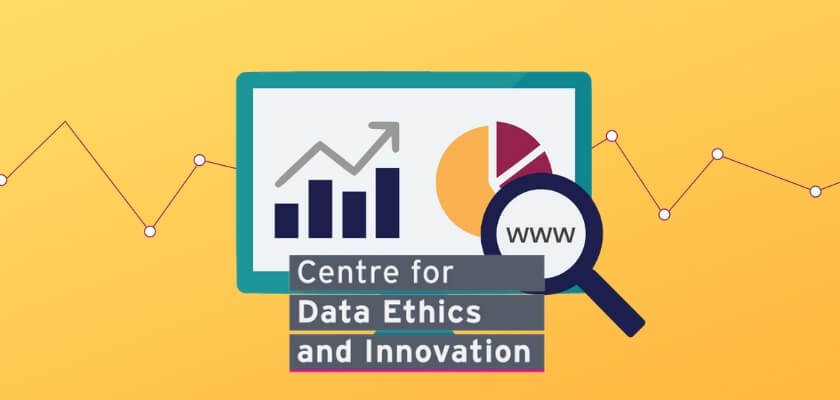The UK and Europe are actively leading the way towards the new internet data and privacy legislative ground. In a new effort, the UK government’s Center for Data Ethics and Innovation (CDEI) – an advisory body that investigates on the benefits of data-enabled technologies – published a review that aims at analyzing the potential benefits and threats of online targeting practices.
Online targeting is a set of tools used to address customized content, products, and services to individuals at relatively low costs on a massive scale. These highly sophisticated tools and the volume of data harvested in real-time on the web separates online targeting from all other “classical” targeting techniques used in the past.
CDEI’s objective is to get valuable insights and make practical recommendations to Government, industry, and society on how online targeting should be properly handled to maximize the benefits and reduce the risks.
Targeting, as defined by CDEI, is the customization of products, services and content (including social media feeds and prices) based on the data acquired on users. Intended to help people navigate the web by providing relevant content, it can also pose risks. People’s understanding and scrutiny of the targeting practices are generally low, and there is an inherent risk for data privacy. Furthermore, if this data ends up in the hands of bad actors, it could potentially have adverse effects on markets and democracy.
The CDEI plans to publish an interim report by summer 2019, and a final report – with the guidelines to government and others – by December 2019.
CDEI is looking to hear from “a broad range of stakeholders working in or specializing in online targeting”, including but not limited to: “online platforms and technology companies; start-ups, providers, developers and purchasers of targeting and personalization solutions; digital marketing professionals; ad-tech companies; data analytics providers and consultants; data brokers; civil society organizations focused on consumer rights, digital rights, privacy and data protection, and vulnerable people; academics, research and policy organizations; regulators and government departments; international standards, regulation, and governance bodies.”
Members of the public that are not strictly fitting into these categories, but feel personally affected by online targeting are encouraged to get in touch.
Some of the questions that will be addressed are:
1) what evidence is there about the harms and benefits of online targeting?
1.1) what evidence is there concerning the impact – both positive and negative – of online targeting on individuals, organizations, and society?
1.1.1) its impact on our autonomy
1.1.2) its impact on vulnerable or potentially vulnerable people 1.1.3) its impact on our ability to discern the trustworthiness of news and advertising content online
1.1.4) the impact on privacy and data protection rights of the collection, processing, and sharing of data that underpins online targeting
3) should online targeting be regulated?
4) how is online targeting evolving over time, what are the likely future developments in online targeting, and do these present novel issues?
4.2) how might existing and emerging governance regimes (such as the General Data Protection Regulation, European e-Privacy and e-Commerce Directives, and potential Online Harms legislation) impact online targeting practices?
If you're tired of censorship and dystopian threats against civil liberties, subscribe to Reclaim The Net.









